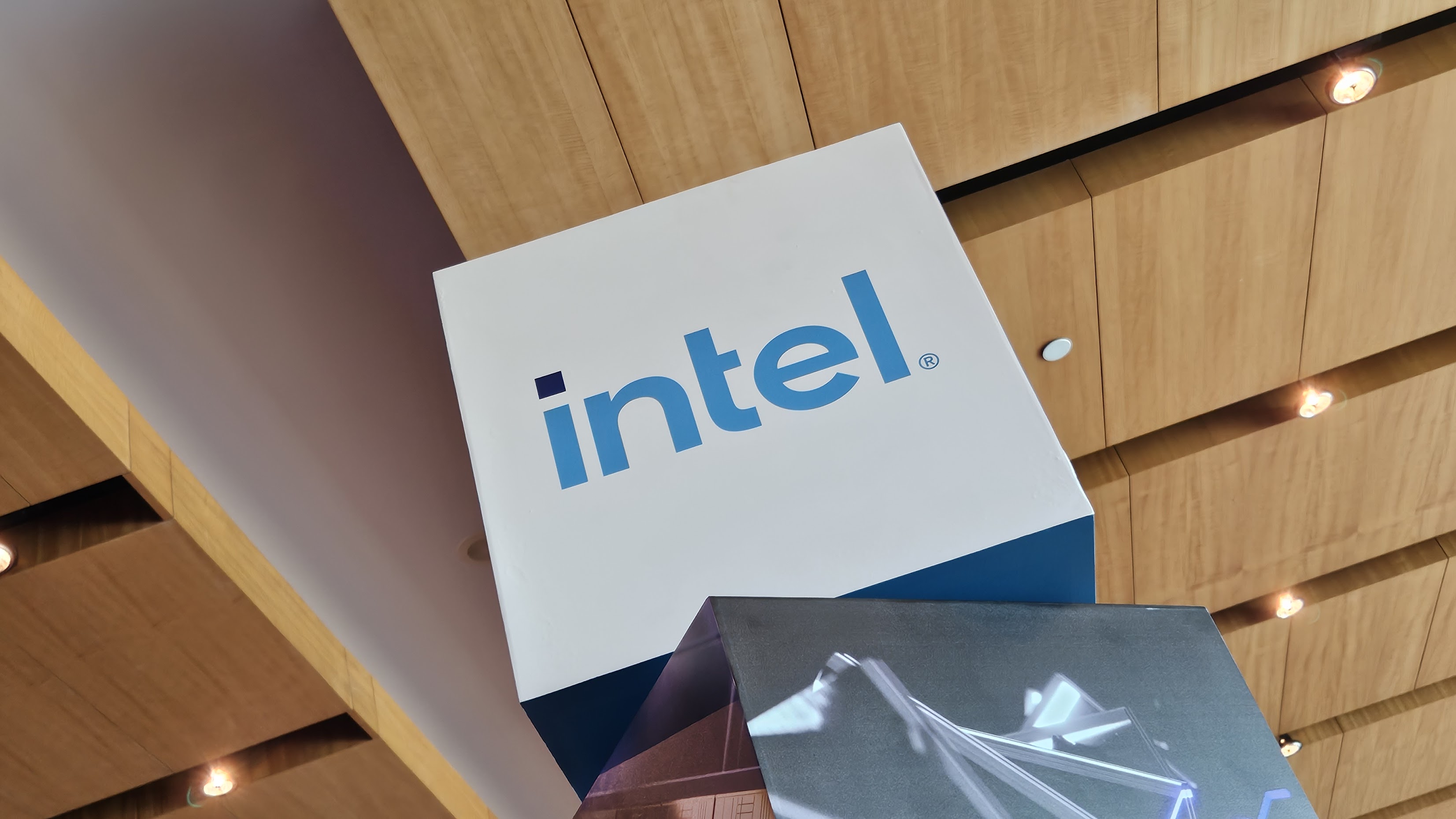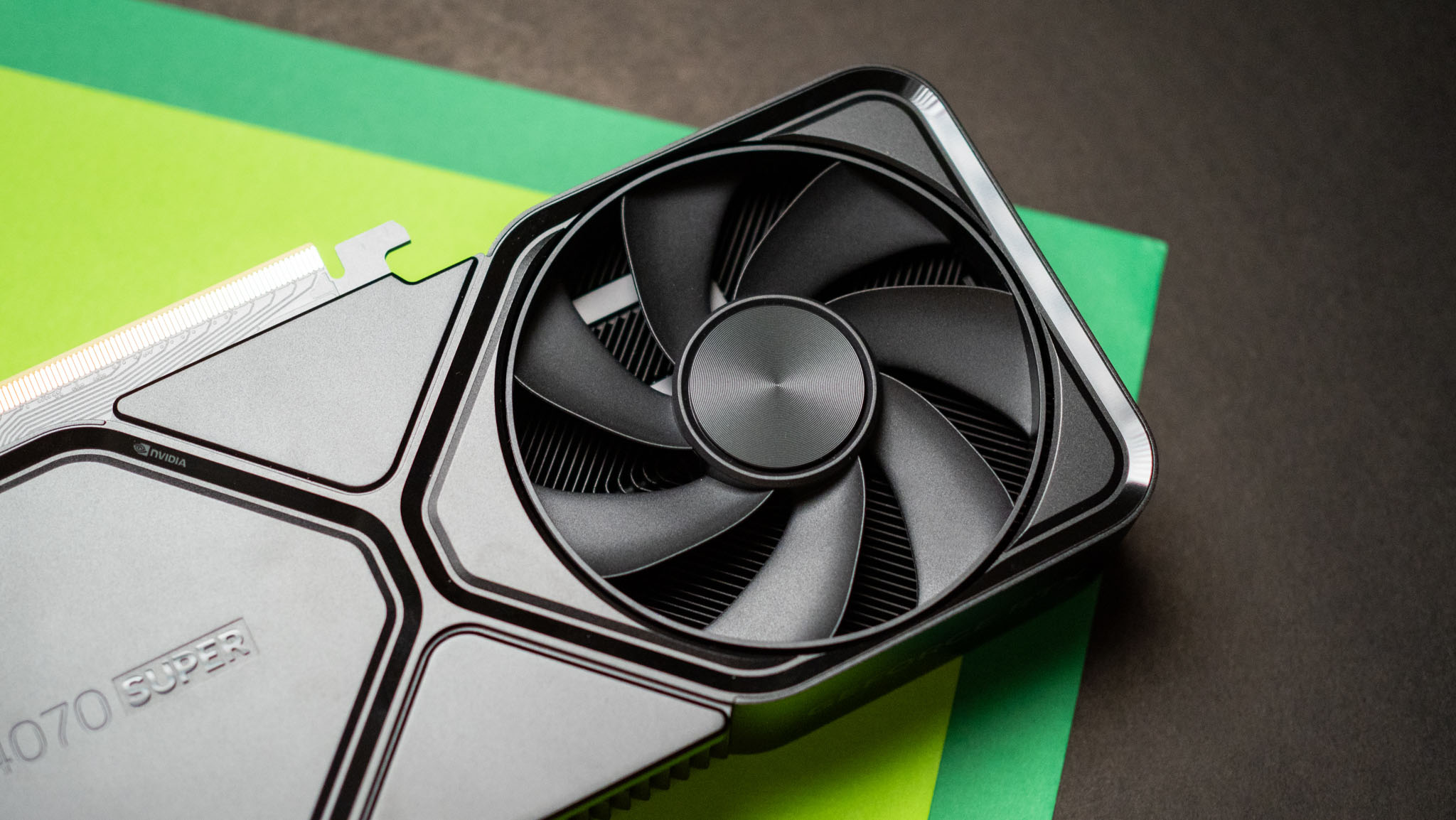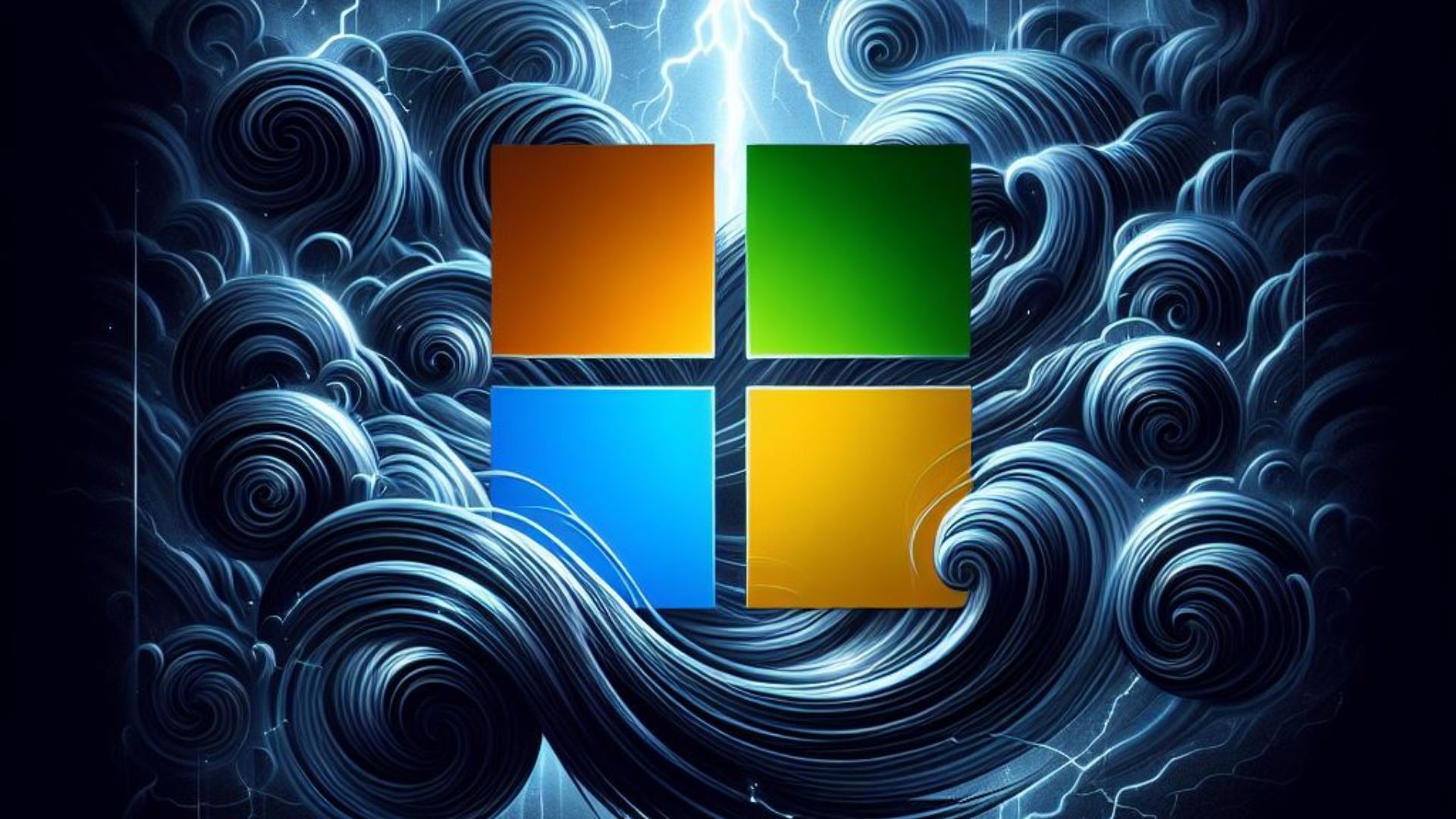Intel's short-sightedness to OpenAI's potential and the sprouting AI trend had sold its wildest dreams to NVIDIA
Intel turned down OpenAI's 15% stake offer for $1 billion because it didn't see a future-proof growth trajectory for AI.

All the latest news, reviews, and guides for Windows and Xbox diehards.
You are now subscribed
Your newsletter sign-up was successful
What you need to know
- OpenAI reportedly offered Intel a 15% stake for $1 billion, but the chip brand turned down the offer.
- Intel didn't think AI models would penetrate the market and didn't want to develop chips for OpenAI at cost.
- Intel is now worth below $100 billion and has recently experienced massive layoffs to save on costs.
Did you know that Intel had the opportunity to invest in OpenAI and leverage its technology across its products and services before Microsoft? According to Reuters, top executives at Intel and OpenAI were in deliberations that could potentially lead to a mutually beneficial partnership for both parties.
In 2017, OpenAI reportedly offered Intel a 15% stake for $1 billion. In return, the ChatGPT maker wanted Intel to develop chips for its advances, ultimately freeing it from an overreliance and dependence on NVIDIA for GPUs. Microsoft and OpenAI are currently exploring a similar goal with a project dubbed Stargate and are betting $100 billion on themselves.
However, the deal didn't pull through because former Intel CEO Bob Swan didn't believe in the AI hype and that its models would be a big deal in the foreseeable future. Sources also reveal that Intel's data center didn't want to manufacture and develop products for OpenAI at cost.
NVIDIA is a true manifestation of Intel's wildest dreams
At the beginning of this month, Intel CEO Pat Gelsinger announced its decision to lay off 15,000 employees in unprecedented cuts that will see the chip maker attempt $10 billion in savings through 2025. "This is painful news for me to share. I know it will be even more difficult for you to read," added Gelsinger. But how did Intel land itself in this position?
As we venture into the AI era, Intel has seemingly struggled to find its space and position in new growth areas, including server tech, GPUs, and AI trends. Interestingly, NVIDIA has shown tremendous growth in this new category.
As you may know, NVIDIA is currently the most profitable semiconductor chip brand ahead of Samsung and Intel. Market analysts and experts attribute the chip brand's success to the high demand for AI chips from major tech corporations and its investment in the technology.
In June, NVIDIA surpassed Microsoft and Apple and finally got a taste of the world's most valuable company crown with $3.335 trillion in market capitalization. In comparison, Intel is now worth less than $100 billion due to its inability to tap into the hot market for AI chips.
All the latest news, reviews, and guides for Windows and Xbox diehards.
Intel has reportedly attempted to compete with NVIDIA and AMD by developing AI chips but has failed. According to the founder of SemiAnalysis, Dylan Patel:
"Intel failed in AI because they didn't present a cohesive product strategy to their customers."
Whether Intel manages to catch up to its rivals remains to be seen. In the interim, a new study revealed that the AI hype might be dying down, with 30% of its projects expected to be abandoned by 2025 after proof of concept.
🔥The hottest trending deals🔥
- 🎮 Seagate Xbox Series X|S Card (2TB) | $249.99 at Best Buy (Save $110!)
- 🕹️Xbox Game Pass Ultimate (3-months) | $29.19 at CDKeys (Save $21!)
- 🎮Lenovo Legion Go (Z1 Extreme, 512GB) | $599.99 at Best Buy (Save $100!)
- 💻HP Victus 15.6 Laptop (RTX 4050) | $599 at Walmart (Save $380!)
- 📺Amazon Fire TV Xbox Game Pass bundle | $82.85 at Amazon (Save $37!)
- ⌨️Surface Pro Keyboard + Slim Pen 2 | $112.99 at Best Buy (Save $167!)
- 🕹️Xbox Game Pass Core (12-months) | $41.89 at CDKeys (Save $18!)
- 💻Lenovo Yoga 7i 16 (Core i5) | $774.99 at Lenovo (Save $365!)
- 🖱️Razer DeathAdder V3 Wired Mouse | $50.99 at Best Buy (Save $19!)
- 💻HP OMEN Transcend 14 (RTX 4050) | $1,199.99 at HP (Save $400!)
- 🖱️Razer Basilisk V3 Wired Mouse | $49.99 at Best Buy (Save $20!)
- 🖥️Lenovo ThinkStation P3 (Core i5 vPro) | $879.00 at Lenovo (Save $880!)
- ⌨️Alienware Pro Wireless Gaming Keyboard | $149.99 at Dell (Save $50!)
- 🖱️Alienware Pro Wireless Gaming Mouse | $119.99 at Dell (Save $30!)
- 🕹️No Man's Sky (PC, Steam) | $24.09 at CDKeys (Save $36!)
- 💻Dell XPS 13 (Snapdragon X Elite) | $1,099.99 at Dell (Save $200!)

Kevin Okemwa is a seasoned tech journalist based in Nairobi, Kenya with lots of experience covering the latest trends and developments in the industry at Windows Central. With a passion for innovation and a keen eye for detail, he has written for leading publications such as OnMSFT, MakeUseOf, and Windows Report, providing insightful analysis and breaking news on everything revolving around the Microsoft ecosystem. While AFK and not busy following the ever-emerging trends in tech, you can find him exploring the world or listening to music.

